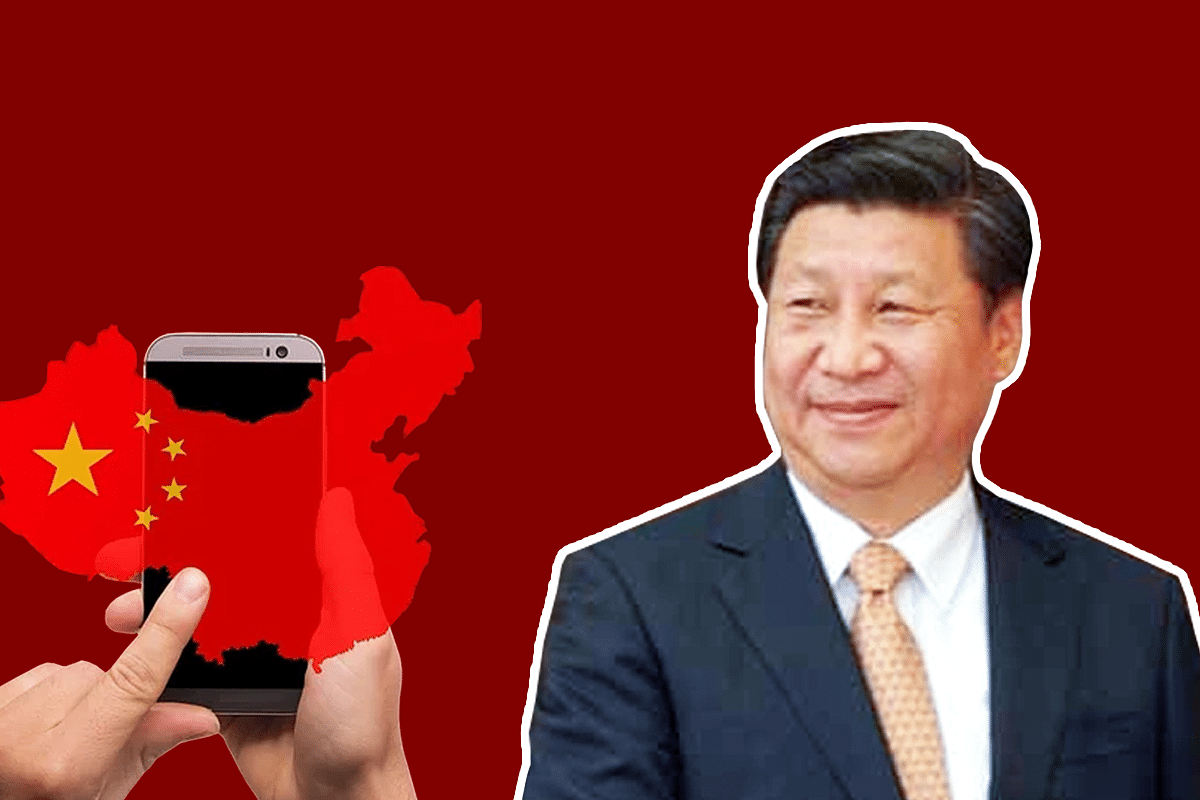News Brief
How China Plans To Replace US Tech—A Secret Committee Drawing Up A List
- In a move to replace foreign technology suppliers, Chinese quasi-government body, ITAIWC will devise and implement "IT Application Innovation" strategy, also known as Xinchuang.
- So far, 1,800 Chinese PC, chip, networking and software suppliers have been invited to join the committee.

A Secret Chinese Committee Is Compiling A List Of Replacements For The US Tech
From the space race to business, China’s ambition to be on top of the list has been crystal clear. Now a new report alleged that the country is now speeding up preparations to replace American and other foreign technology, covertly appointing a government-backed body to assess, as well as approve local suppliers in key fields such as cloud computing and semiconductors.
The quasi-government body, Information Technology Application Innovation Working Committee (ITAIWC), which was established in 2016 to advise the Chinese government, has now been entrusted by Beijing to help develop industry standards and train staff to operate trustworthy software, reported Bloomberg.
It said that the so-called "IT Application Innovation" strategy, also known as Xinchuang in Chinese, will be devised and implemented by the ITAIWC.
It will select from a list of approved providers to supply technology for sensitive areas ranging from banking to data centres that store government data, a market that may be worth $125 billion by 2025.
According to people familiar with the matter, 1,800 Chinese PC, chip, networking and software suppliers have been invited to join the committee so far. As per one of the sources, the organisation has approved hundreds of local companies as committee members this year.
The existence of the “IT Application Innovation’s” white-list is expected to inflame tensions just after Presidents of the United States and China, Joe Biden and Xi Jinping concluded their first face-to-face virtual summit.
This newly revealed plan would strengthen Beijing's hand in replacing foreign tech businesses in critical industries, as well as accelerate efforts to help local champions attain tech self-sufficiency, as well as defy sanctions imposed by the Trump administration in domains like networking and semiconductors.
Dan Wang, technology analyst at Gavekal Dragonomics told Bloomberg: “China is trying to develop homegrown technologies. This effort is more serious now that many more domestic firms share that political goal, since no one can be sure that US technologies can avoid US export controls.”
The government has already pushed foreign cloud companies like Amazon Web Services and Microsoft to form joint ventures in order to operate in the mainland. As reported, Apple has also surrendered its user data storage business to a Guizhou-based government-backed operator.
The grip is poised to tighten as the Ministry of Technology and Industry obtains more control over industrial and telecom data, as well as proposes new rules requiring critical data to be stored within the country.
While few specifics about the ITAIWC or its members have been published, any businesses with more than 25 per cent foreign ownership will be prohibited from the panel, thus locking out outside suppliers such as Intel and Microsoft.
As per the sources, Chinese tech firms that are primarily funded by foreign investment will face a higher bar, though Alibaba Group and Tencent, the country's two largest cloud service providers, have been able to get around the rules by applying for membership through locally incorporated subsidiaries.
The report said according to Netis, a cloud business that claims it passed a rigorous screening process, the committee had 1,160 members in July 2020.
Loongson—a Beijing-based CPU manufacturer, Inspur—a server manufacturer and Standard Software—a producer of operating systems, are among the other notable enterprises. Westone, an information security firm that could be tasked by Beijing with managing the data of Didi Global, is also a member.
Being a member might provide local suppliers with a significant advantage in getting their technology authorised under the “IT Application Innovation” plan, potentially opening up a billion-dollar industry.
According to iResearch, Communist Party entities, the government and the military would be the first to adopt Xinchuang products, followed by financial and state-owned enterprises. It was also said that “Xinchuang can’t be built in one day, it’s a long-term strategy that helps China grow its own IT technologies.”
Introducing ElectionsHQ + 50 Ground Reports Project
The 2024 elections might seem easy to guess, but there are some important questions that shouldn't be missed.
Do freebies still sway voters? Do people prioritise infrastructure when voting? How will Punjab vote?
The answers to these questions provide great insights into where we, as a country, are headed in the years to come.
Swarajya is starting a project with an aim to do 50 solid ground stories and a smart commentary service on WhatsApp, a one-of-a-kind. We'd love your support during this election season.
Click below to contribute.
Latest